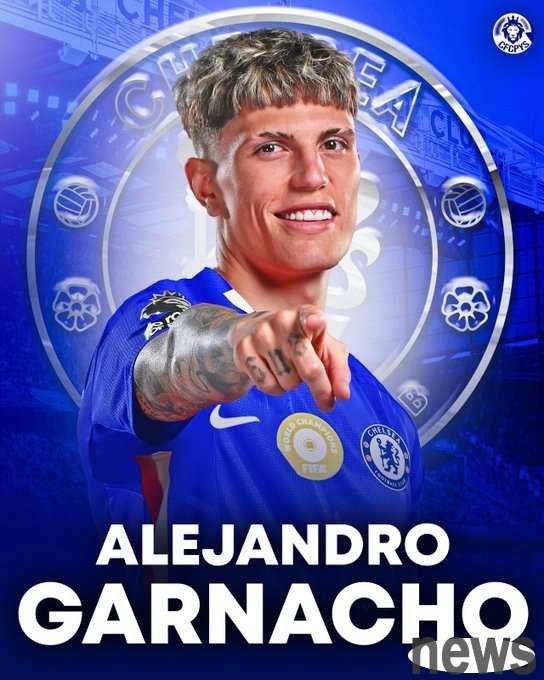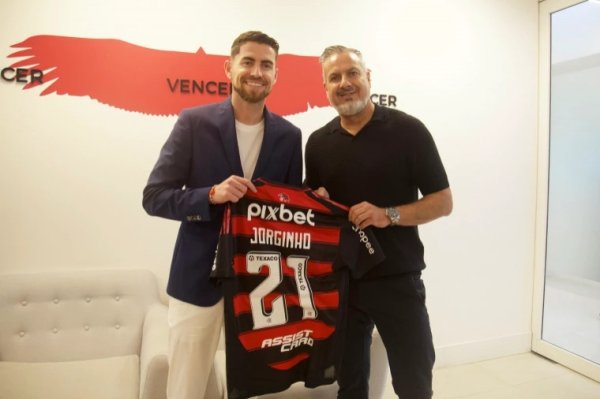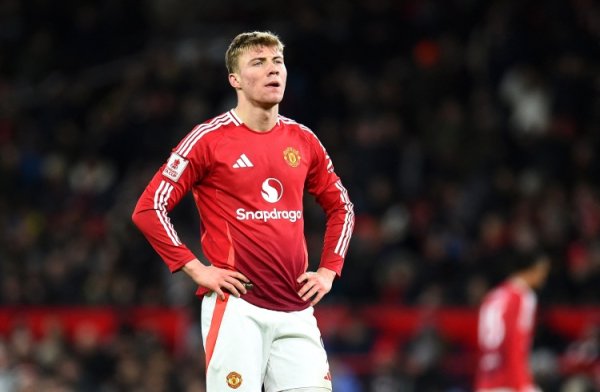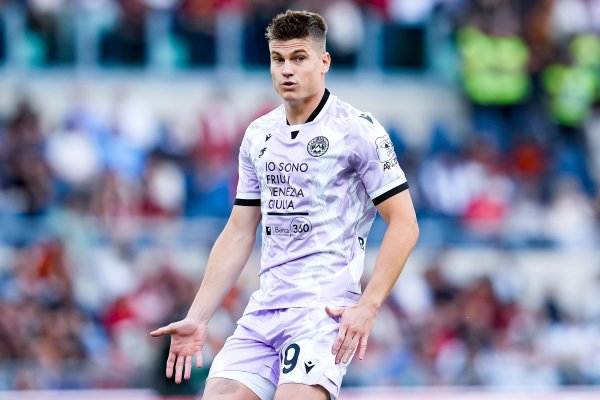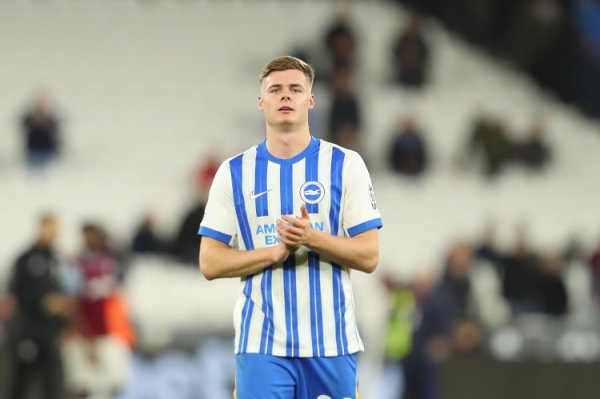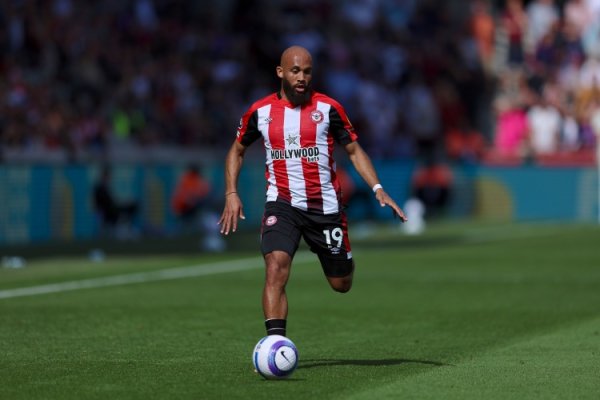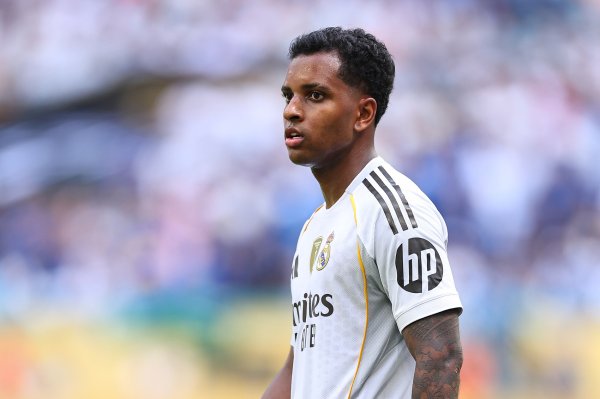Premier League players will take a knee before this week s game to protest racial discrimination for the first time this season
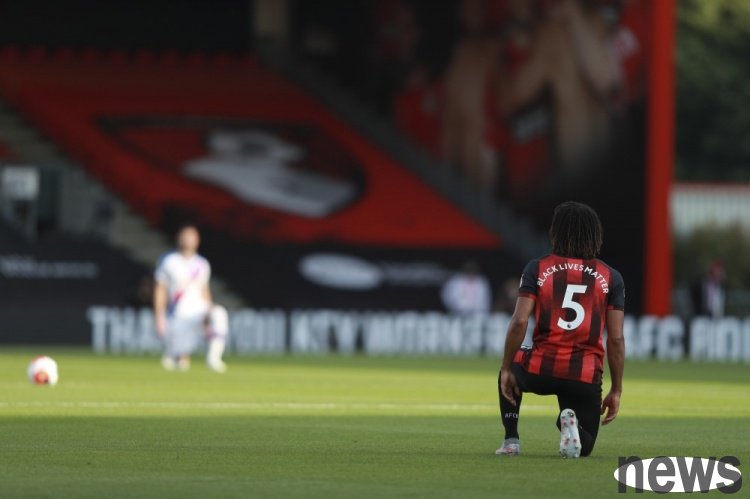
Premier League chief executive Richard Masters told Sky News that players will take a knee for the first time this season at this weekend's games, although discussions continue over whether the anti-racism move is still effective.
It is understood that the captains of the 20 clubs support this move, but individual players can still choose not to participate. Most Women's Super League teams have recently decided not to take a knee at games to mark Black History Month, arguing the move has lost its relevance in the context of rising racism.
Data revealed by Sky News last week showed that the number of online racism cases in English football has quadrupled this season. In an exclusive interview, Masters raised concerns about the anonymity of social media users who post abusive content and questioned whether identity checks are now necessary.
The Premier League wants platforms to do more to change their algorithms to stop players seeing abusive content and introduce extra protections to prevent it from reaching their inboxes.
This weekend's games will highlight the league's 'No to Racism' campaign to combat discrimination and promote equality. Inspired by the "Black Lives Matter" movement, Premier League players began kneeling before kick-off in 2020, but doubts are growing about whether this gesture will be effective.
Masters said: "This has always been the choice of the players, it has never been imposed on them, either collectively or individually, and they had another discussion in the summer."
"They will take a knee in the round of rejecting racist themes and then it will be up to them to decide whether to continue or stop. So I think they want to make sure that whatever they do, it is effective."
The first round of the Premier League this season. In response to the incident in which Bournemouth's Semeno encountered racial abuse at Liverpool's home court, Masters said: "Many of our players, participants, coaches, referees have been abused, and many of them are racist. We are doing our best to deal with this issue, working with stakeholders, working with social media companies to try to solve these problems."
For the league, this does not mean that racist abuse has become more common in stadiums. Masters said: "The Premier League is a very inclusive environment, and there are very few other places where you can come and shout, shout and support your team. But I think the fans know where the lines are. No violence, no threats and intimidation, no discrimination. If you violate it, you will be dealt with." Said: "Those are political issues and I think football's role is to provide some distance from the current social reality where we are seeing some polarization of views. I think football can help with that." Too many people feel they can hurl racist abuse at footballers on social media, and Mr Masters insists the Premier League is very active in stamping out this. Tougher identity checks could help, he said: "I think there's anonymity there, which makes people feel like they can pretty much say whatever they want and do whatever they want."
"I don't think putting up with that kind of stuff should be part of a professional footballer's life at all, which is why we're taking what we can "Obviously, in principle I would support any measures that make it easier to find the perpetrators, but I think this touches on a lot of other issues related to freedom of information."
The Premier League has a dedicated unit responsible for holding social media companies accountable for racist abuse, and it has not publicly expressed its dissatisfaction with the practices of various technology giants. But Tim Cooper, the league's director of content protection, told Sky News: "Platforms can do more by changing their algorithms, such as opting out of abusive content rather than 'blocking', which would be a step in the right direction."
"Ultimately, we need to continue to work hard on cases and work with law enforcement agencies and other law enforcement agencies around the world to take effective and effective deterrent action."
There are concerns about the use of artificial intelligence to generate racist images, and about abusers using phrases or scrambled letters to circumvent algorithms. In this regard, Tim Cooper said: "The situation has gone far beyond just verbal abuse, which is obviously bad enough, but now we are seeing people using images to create some of the most offensive things you can imagine."
"I think video may be an issue in the future, and we are already seeing this with AI-generated videos."



